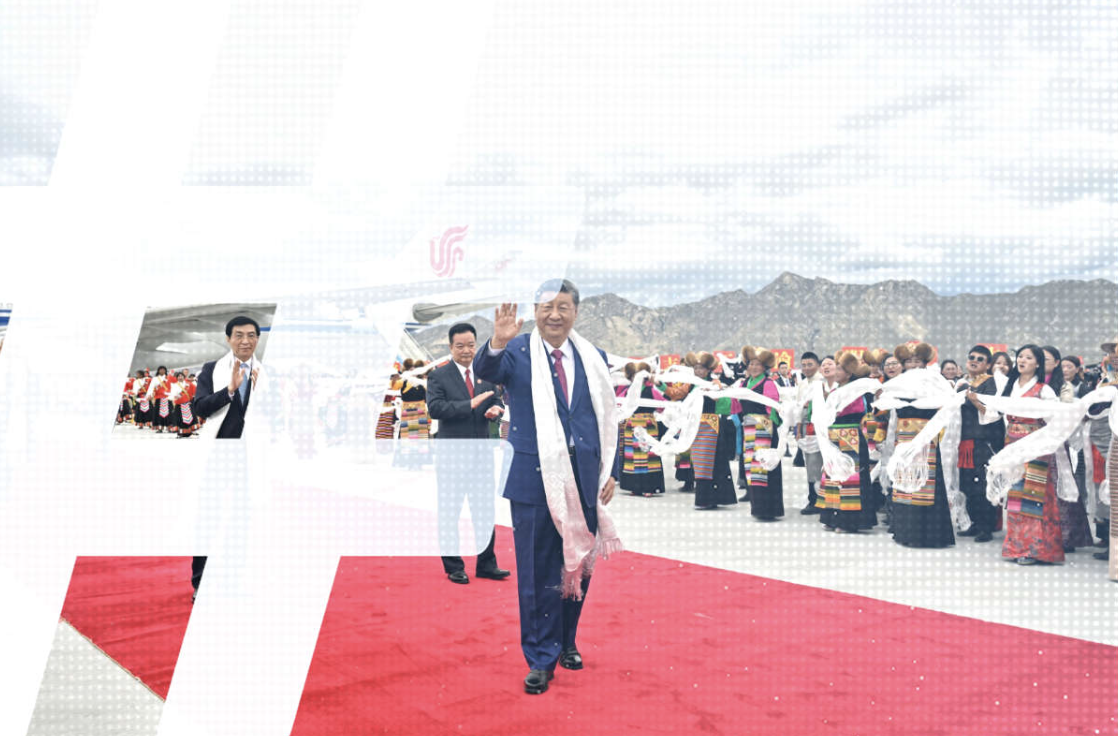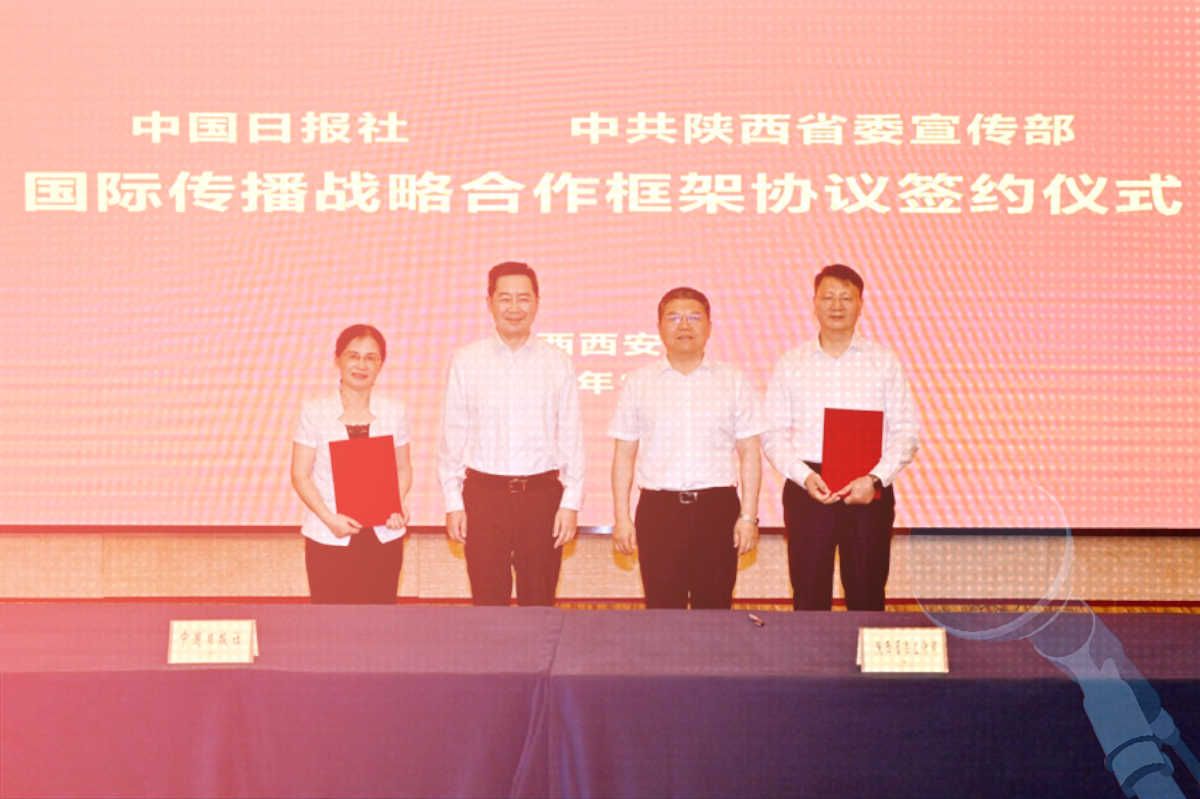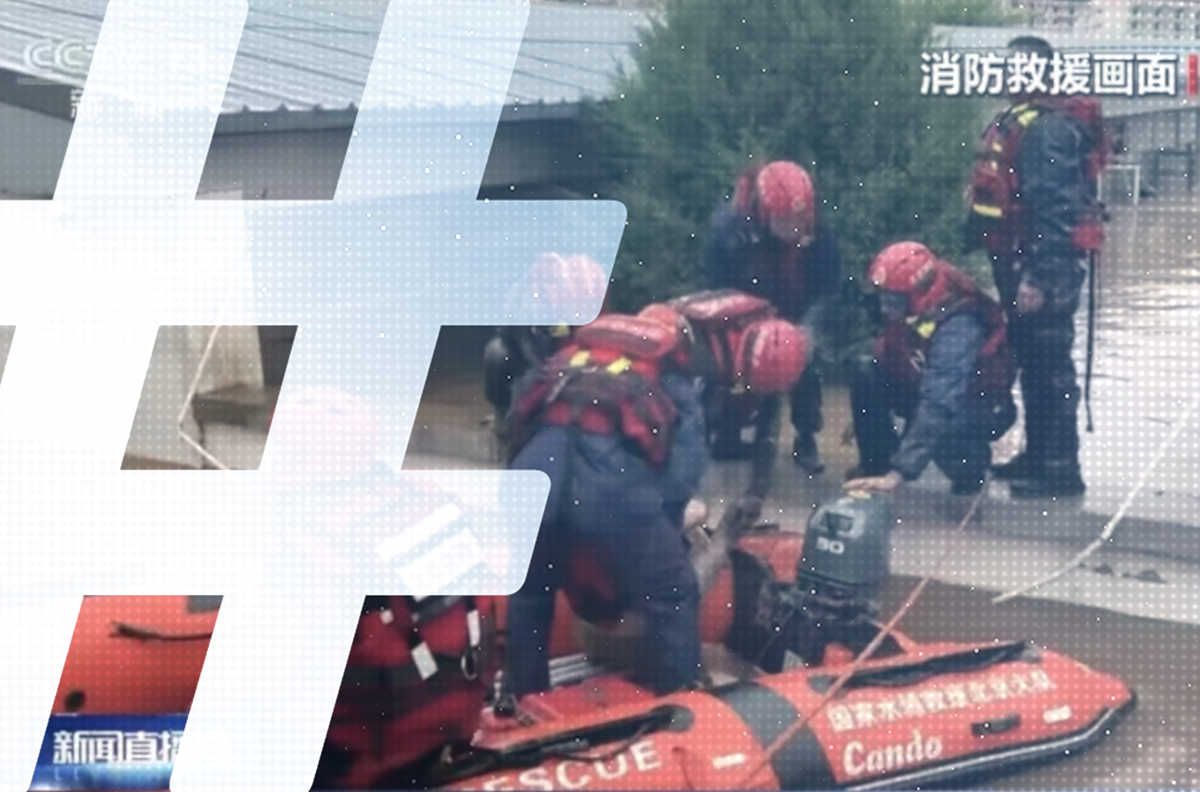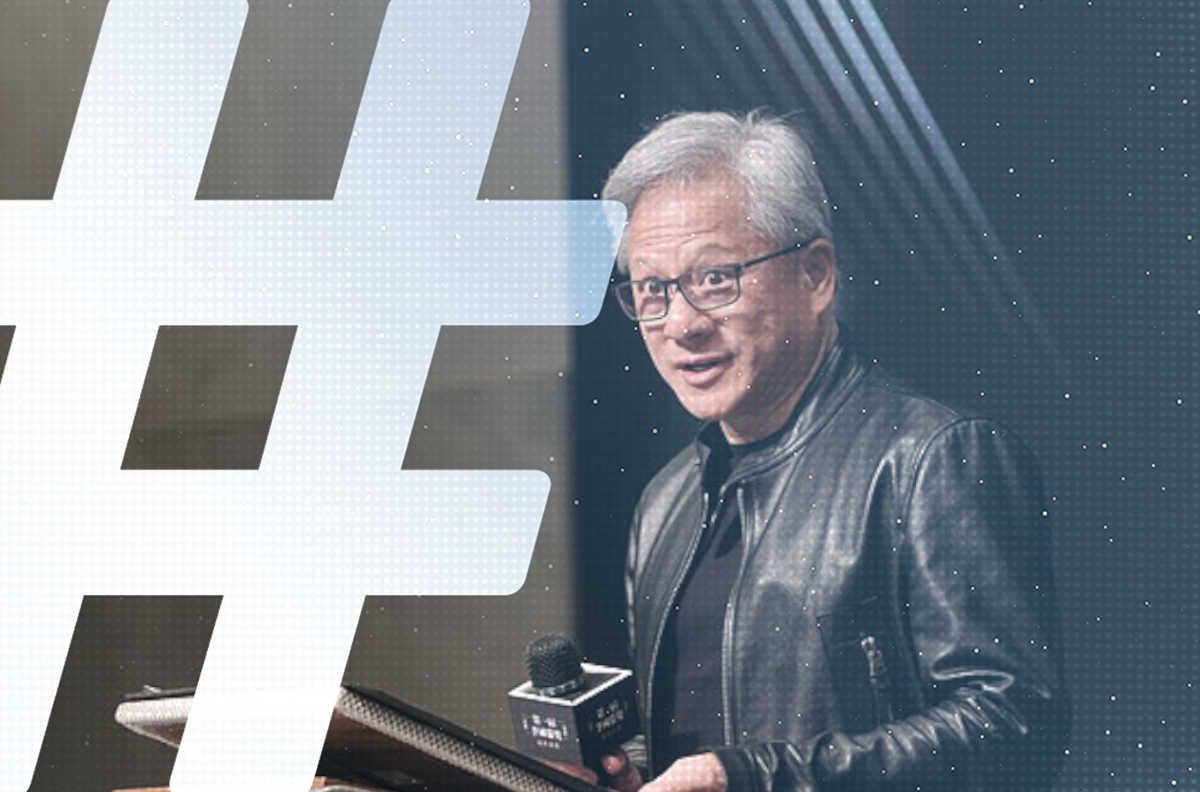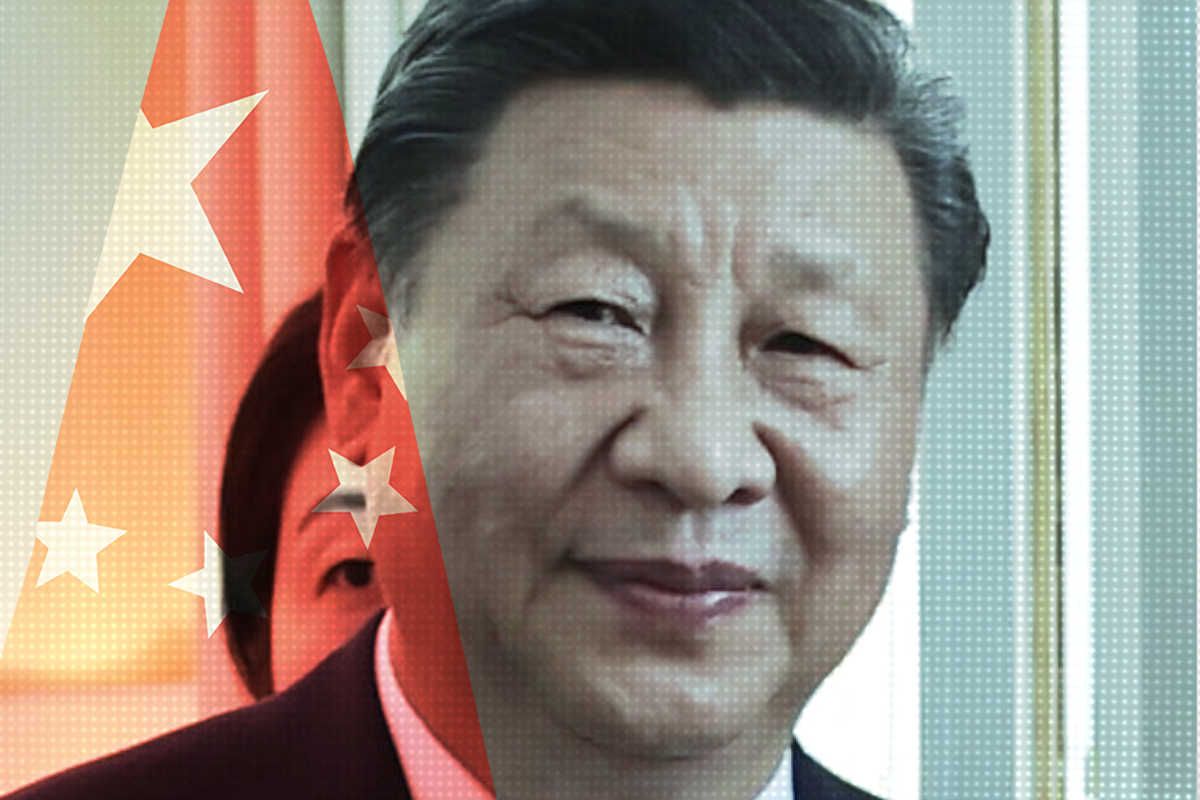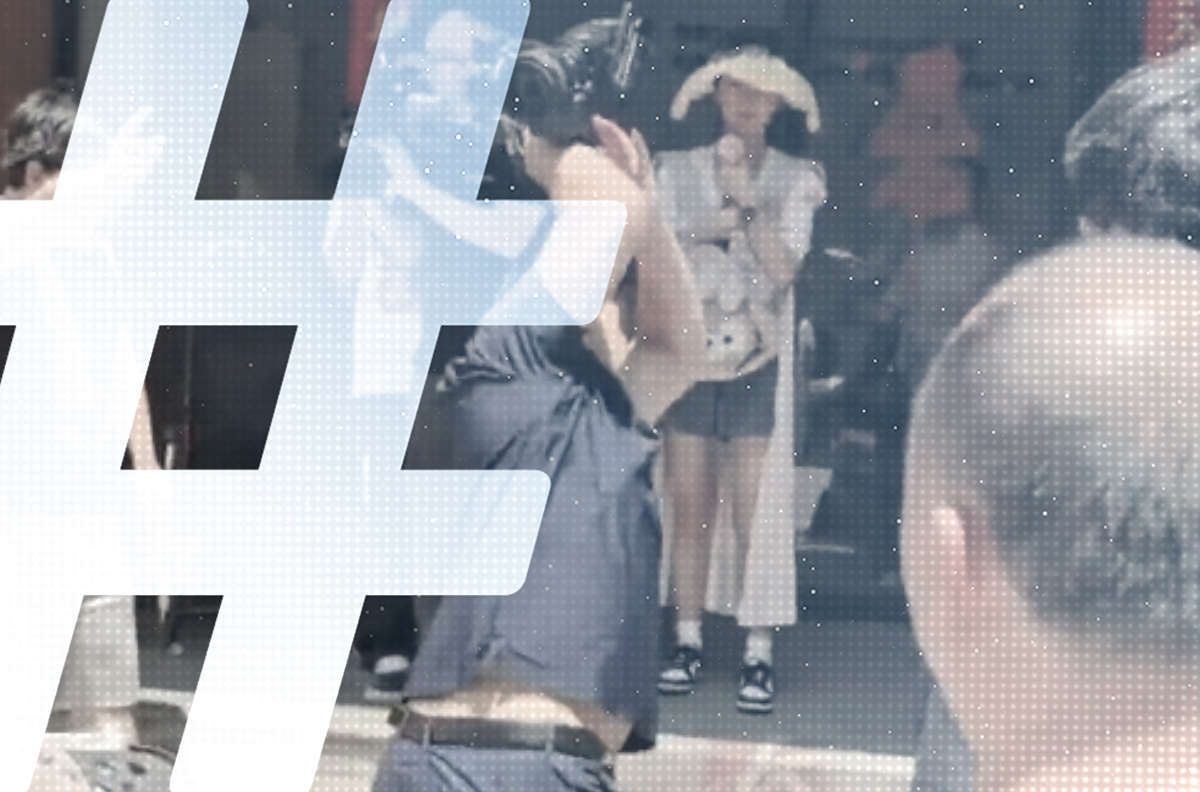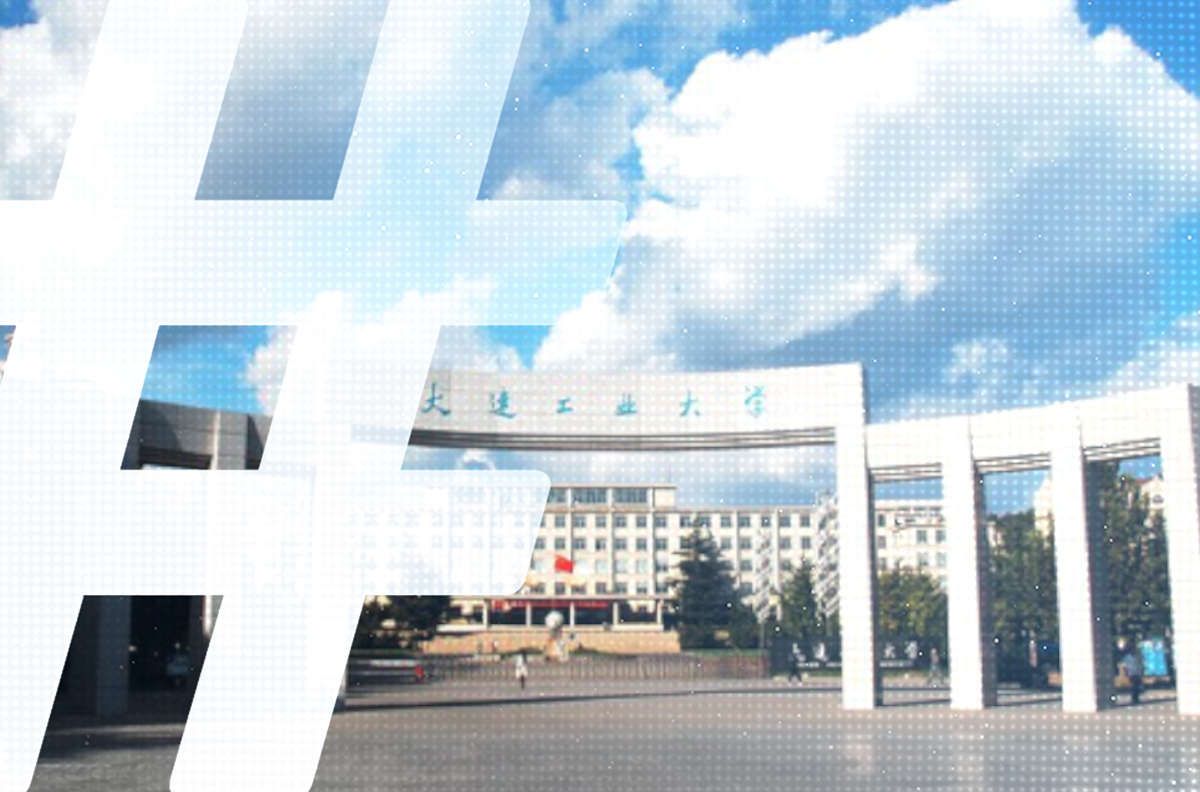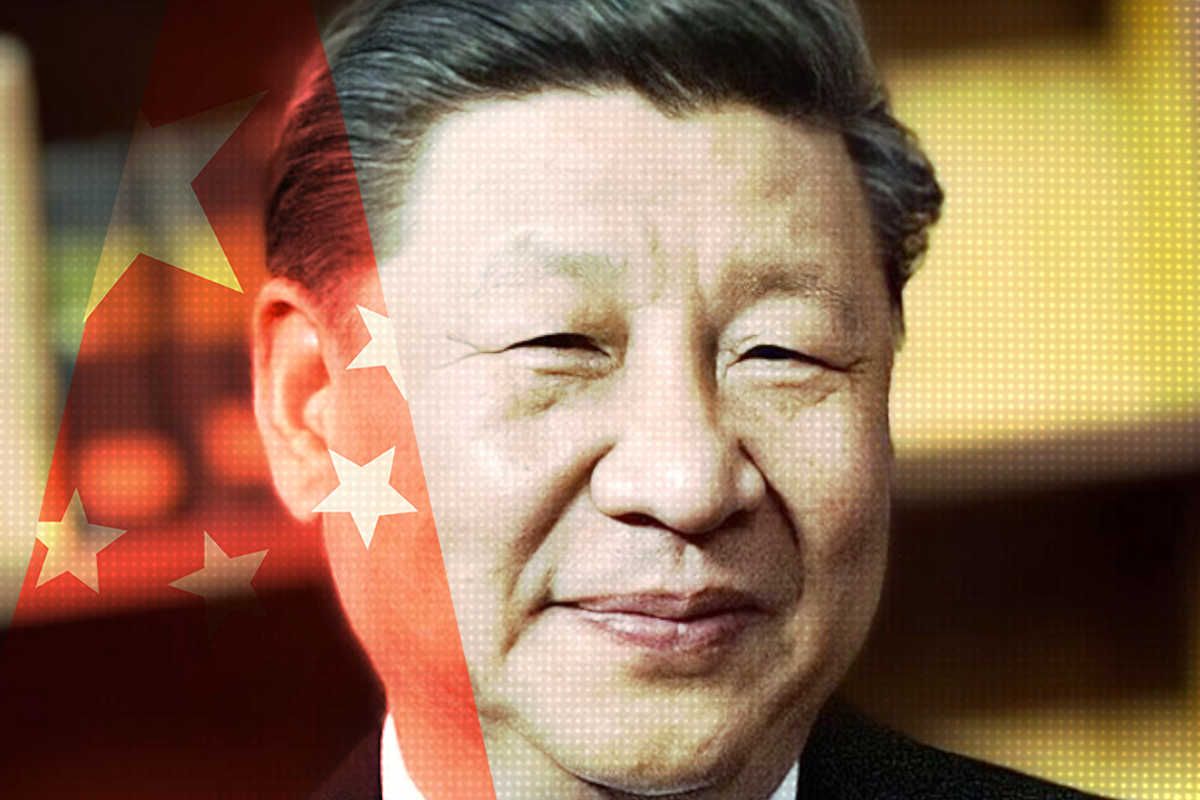Today, November 8, is International Journalists Day, and a number of Chinese media have marked the holiday — but none perhaps so forcefully as China Youth Daily, a newspaper published by the Communist Youth League of China.
China Youth Daily, which has been known for its strong professional reporting tradition since the 1980s, tells the story in today’s edition of Fujian television journalist Deng Cunyao (邓村尧), who was brutally attacked on October 18, 2010, while leaving his office, in what was apparently a reprisal for critical reporting.
The assailant, riding a red motorbike and covering his face, drove up behind Deng and hacked at his left leg with a large knife. Deng, a producer at Fujian’s Longyan Television Station, recalled to the China Youth Daily reporter: “I wanted to run, but my leg had been broken by the slash, and I fell.”
As Deng screamed for help, the assailant turned and hacked at Deng’s right leg. Unable to stand, Deng watched as the assailant fled on his motorbike.
The China Youth Daily report explores the Deng Cunyao case in detail, including the threats facing his family. We do not translate the report here, but encourage readers of Chinese to take the time.
China Youth Daily apparently timed the release of the report for today. Here is our translation of the editor’s note:
Today is November 8, Journalists Day. We publish this chilling report today in order to pay our respects to those colleagues in journalism who are struggling on the front lines of watchdog journalism, and in order to tell the public: when journalists are beaten, when they suffer knife attacks, this is not only an injustice to the journalists themselves, or to their news units — it is an injustice to the popular will and to the public interest. Journalists represent the will of the public and the conscience of society. When we face difficulty, what we need most of all is your support.
The term “watchdog journalism” here is in Chinese “supervision by public opinion“, or yulun jiandu (舆论监督). The term, first mentioned at a senior leadership level in China in Zhao Ziyang’s political report in 1987, remains one of the officially recognized forms of power monitoring in China. But the term has now also become a rallying cry for professional journalists in China, and in particular for investigative reporters. For a more detailed treatment of this issue please refer to our book Investigative Journalism in China.
In an opinion piece posted online today in response to the case exposed by China Youth Daily, Yu Deqing (于德清) wrote:
Today many journalists have a deep sense of powerlessness. This kind of powerlessness very often comes from repeated obstruction in carrying out supervision by public opinion, comes from the way professional journalism values are constantly under attack in the real world. And in many cases, obstacles in carrying out monitoring pale in comparison to the harm caused by their powerlessness in protecting the safety of their own family members. This places journalists in a moral dilemma — if you can’t even protect your own family members, how can you even begin to talk about the power of monitoring, about protecting social fairness and the interests of the social underclasses?”











